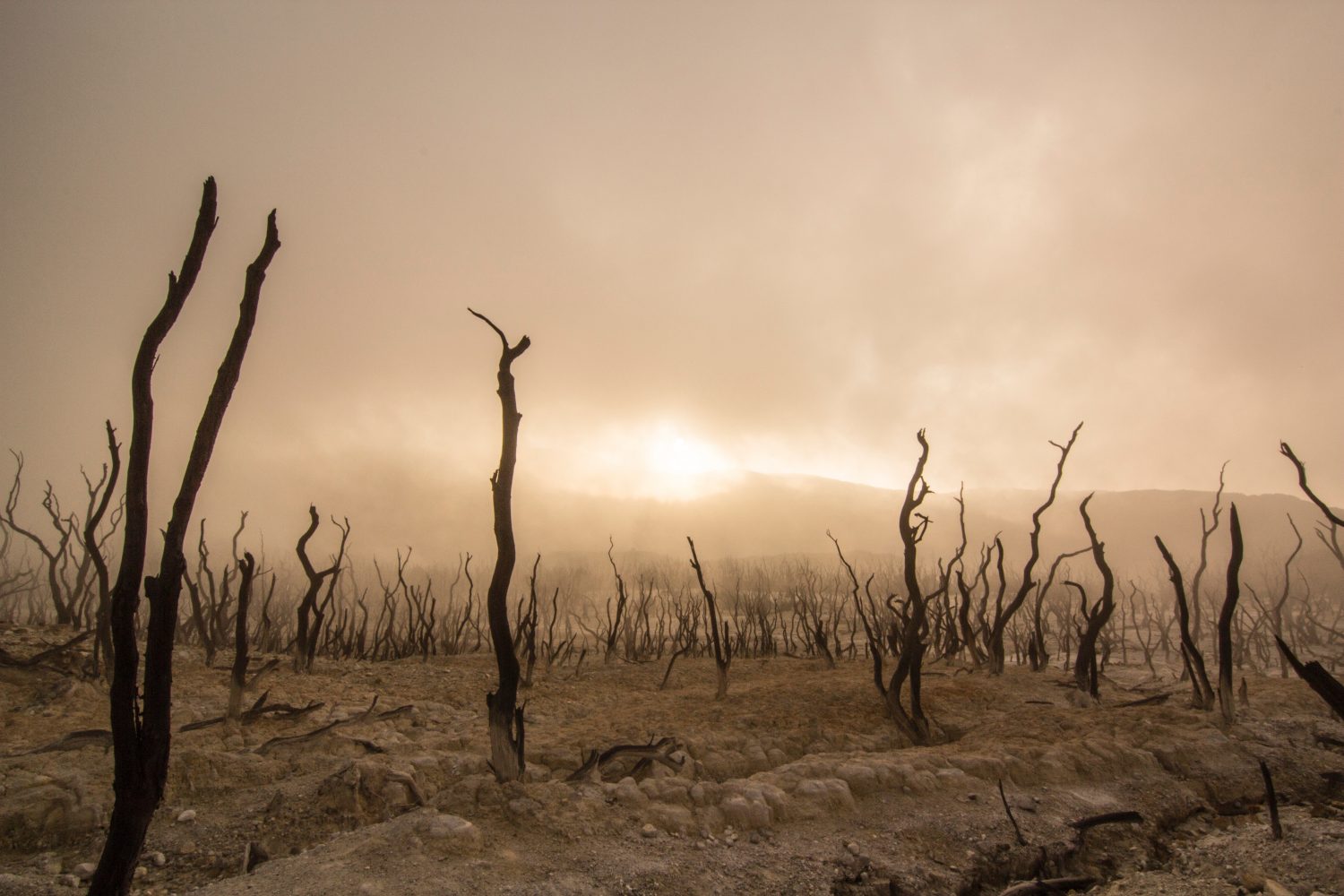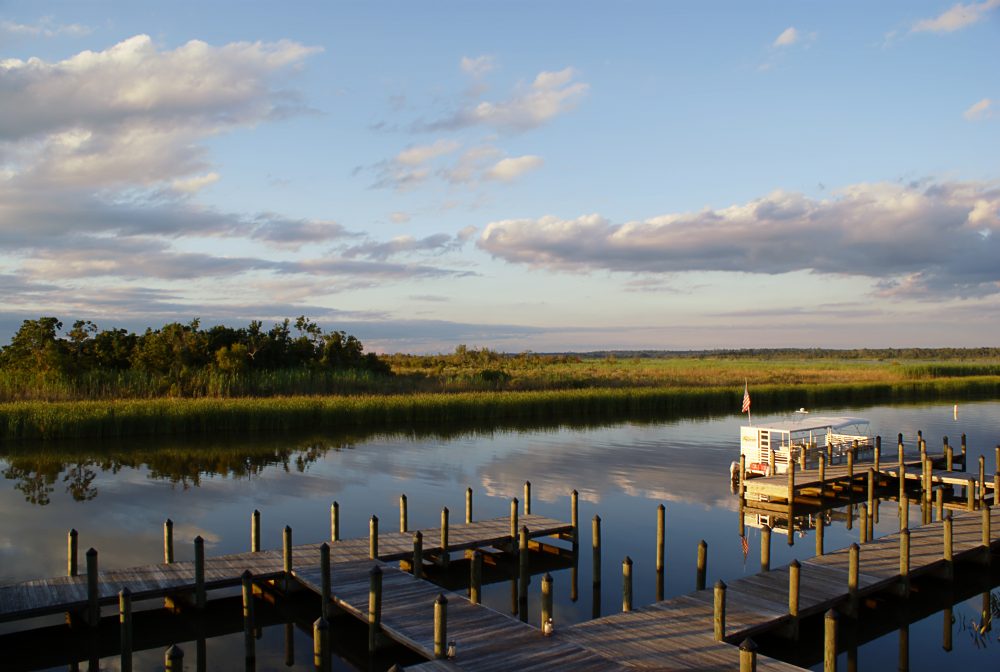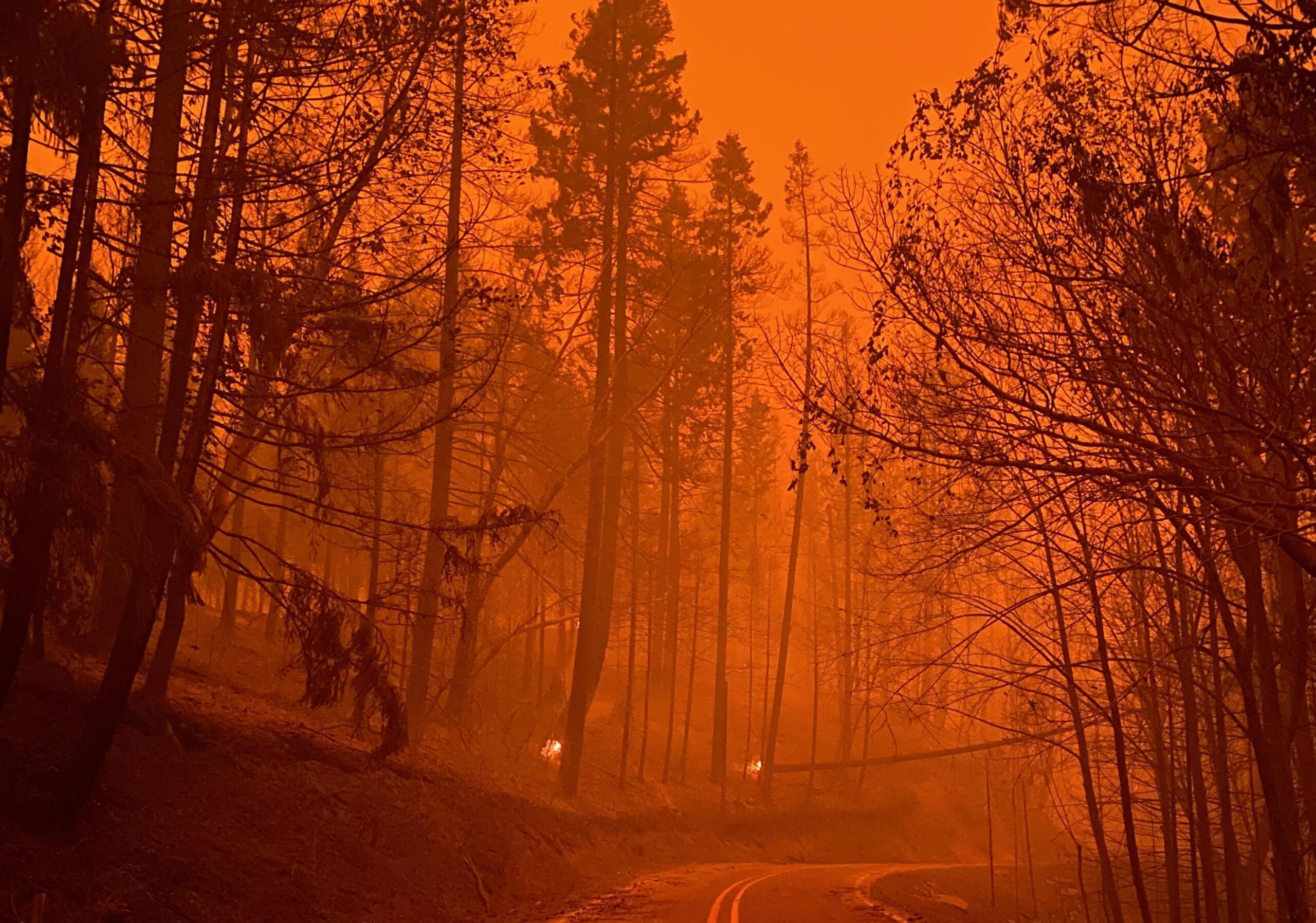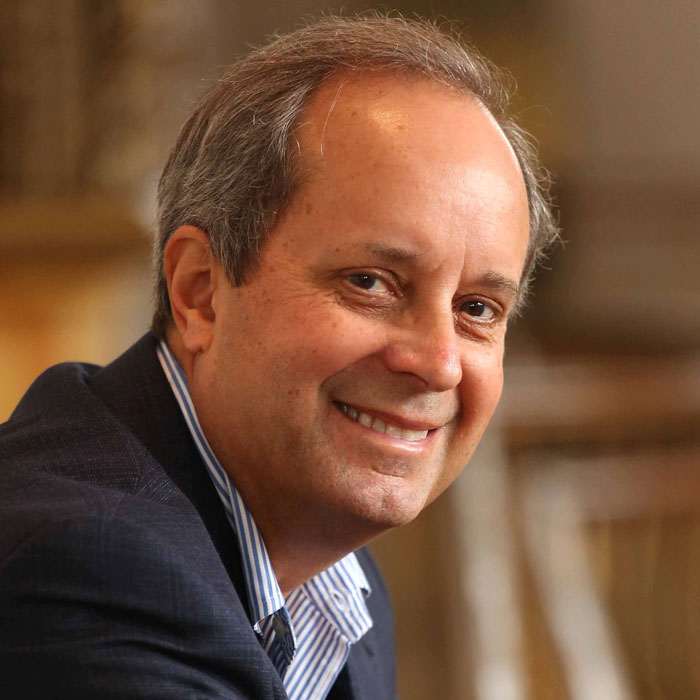A Defining Issue of Our Time
As a donor to disaster-related activities, what are you thinking about climate change these days? True, weather is not climate. And yes, the earth has always experienced hurricanes, droughts, earthquakes and wildfires. But it seems different now. There are implications not only to disaster-prone communities, but environmental, social and economic impacts too — for all […]

As a donor to disaster-related activities, what are you thinking about climate change these days?
True, weather is not climate. And yes, the earth has always experienced hurricanes, droughts, earthquakes and wildfires.
But it seems different now.
There are implications not only to disaster-prone communities, but environmental, social and economic impacts too — for all of us. What will it take for you to take action?
Maybe you need to read another report? The recently released U.S. government’s National Climate Assessment said: “Climate change, once considered an issue for a distant future, has moved firmly into the present.”
In October, the United Nations Intergovernmental Panel on Climate Change said: “Climate change is the defining issue of our time and we are at a defining moment.”
Or perhaps you are moved by data. Consider these reference points:
- 2018 was the fourth-hottest year on record. In the last 30 years we’ve seen 20 of the hottest years ever recorded; nine of the ten deadliest heat waves in human history have occurred since 2000.
- Scientists report that climate change accounts for 55 percent of the increase in dryness in western forests. Areas burned by wildfires are predicted to increase.
- According to the National Climate Assessment, average annual rainfall has gone up by 5 percent since 1990 and nine of the top ten years for extreme one-day precipitation events have happened since 1990.
- Atmospheric scientists suspect that in a warming world, rapid intensification of storms will become more common, fueled by increased sea temperatures.
There are also some compelling estimates on the effect of climate change on our economy. The National Climate Assessment estimates $54 trillion in damage from 2.7 degrees of warming and over $69 trillion if the world continues to warm by 3.6 degrees.
Personally, I find a review of the human costs of climate change to be striking and persuasive:
- Poor people are hit the hardest. People who are already vulnerable have a lower capacity to prepare for and cope with extreme weather and climate-related events and therefore are expected to experience greater impacts.
- Women and children are on the front lines of climate change in developing countries as we experience more unpredictable supplies of water, food and crops.
- Heat and droughts will lead to food shortages. Labor hours will increase and the quality and quantity of crops will suffer.
- Prolonged high temperatures will kill more people.
- There will be increases in foodborne and waterborne diseases.
- Climate change will lead to more migration and population disruption.
- The World Health Organization (WHO) estimates climate change contributes to 150,000 deaths each year. By 2030, that number will double.
What can we do about it? Climate change often seems too big of a problem for us to influence. We keep looking for the silver bullet or some big government solution. But many small steps cumulatively can make a big difference.
For starters, we can redouble our efforts as funders. I personally would like to see more cooperation among funders regarding grant strategies. Currently there is little coordination or exchange of ideas among funders of environmental, climate change and disaster activities. Together we can greatly increase our impact.
Second, while we look for ways to bend the curve of climate change, we need to invest more significantly in adaption and mitigation in order to save lives and property. The most prominent signs of the rising profile of adaptation came with the launch in October 2018 of a Global Commission on Adaptation, followed by a December commitment of $200 billion in climate finance over five years by the World Bank and partners, including Bill Gates. Only funding disaster relief activities after the disaster event occurs may provide temporary relief, but it doesn’t make a long-term difference.
Finally, ask yourself what you and your organization can start doing today. Is it changes in transportation, housing, food or financial investments? There are many ways to make a difference.
Deciding not to act is a choice in itself. The longer we wait, the worse the outcomes. What can you do, starting today? How can we all be part of reversing the effects of climate change for our world today and for generations to come?
More like this

Disaster Relief in the Form of Resilience

